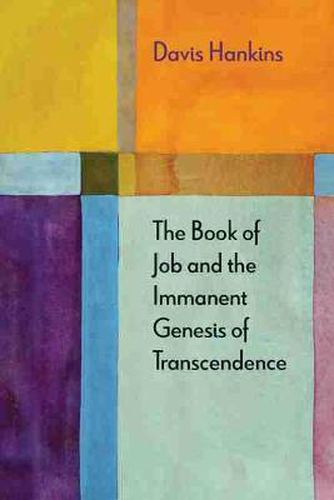Readings Newsletter
Become a Readings Member to make your shopping experience even easier.
Sign in or sign up for free!
You’re not far away from qualifying for FREE standard shipping within Australia
You’ve qualified for FREE standard shipping within Australia
The cart is loading…






Recent philosophical reexaminations of sacred texts have focused almost exclusively on the Christian New Testament, and Paul in particular. The Book of Job and the Immanent Genesis of Transcendence revives the enduring philosophical relevance and political urgency of the book of Job and thus contributes to the recent
turn toward religion
among philosophers such as Slavoj Zizek and Alain Badiou. Job is often understood to be a trite folktale about human limitation in the face of confounding and absolute transcendence; on the contrary, Hankins demonstrates that Job is a drama about the struggle to create a just and viable life in a material world that is ontologically incomplete and consequently open to radical, unpredictable transformation. Job’s abiding legacy for any future materialist theology becomes clear as Hankins analyzes Job’s dramatizations of a transcendence that is not externally opposed to but that emerges from an ontologically incomplete material world.
$9.00 standard shipping within Australia
FREE standard shipping within Australia for orders over $100.00
Express & International shipping calculated at checkout
Recent philosophical reexaminations of sacred texts have focused almost exclusively on the Christian New Testament, and Paul in particular. The Book of Job and the Immanent Genesis of Transcendence revives the enduring philosophical relevance and political urgency of the book of Job and thus contributes to the recent
turn toward religion
among philosophers such as Slavoj Zizek and Alain Badiou. Job is often understood to be a trite folktale about human limitation in the face of confounding and absolute transcendence; on the contrary, Hankins demonstrates that Job is a drama about the struggle to create a just and viable life in a material world that is ontologically incomplete and consequently open to radical, unpredictable transformation. Job’s abiding legacy for any future materialist theology becomes clear as Hankins analyzes Job’s dramatizations of a transcendence that is not externally opposed to but that emerges from an ontologically incomplete material world.